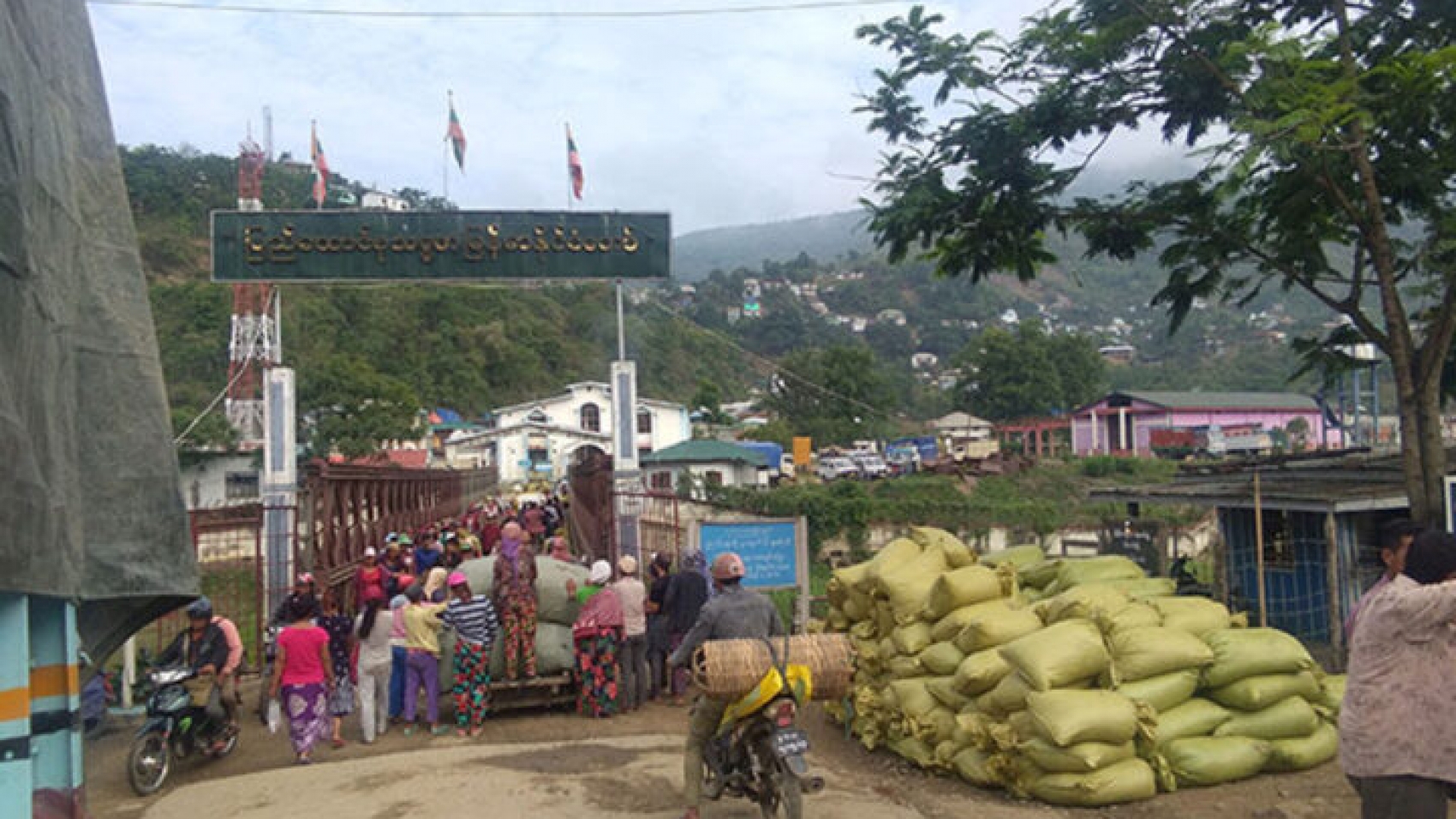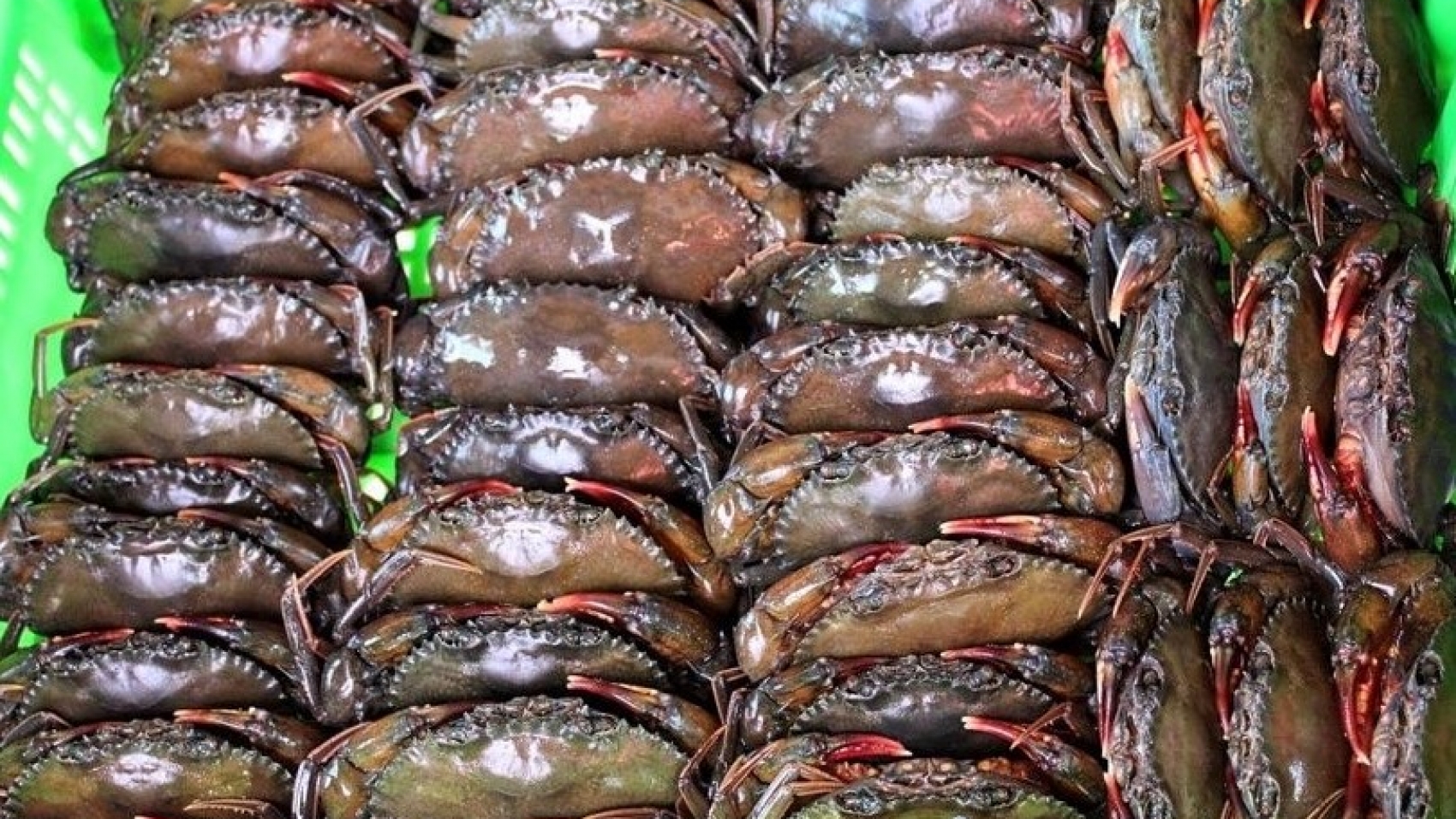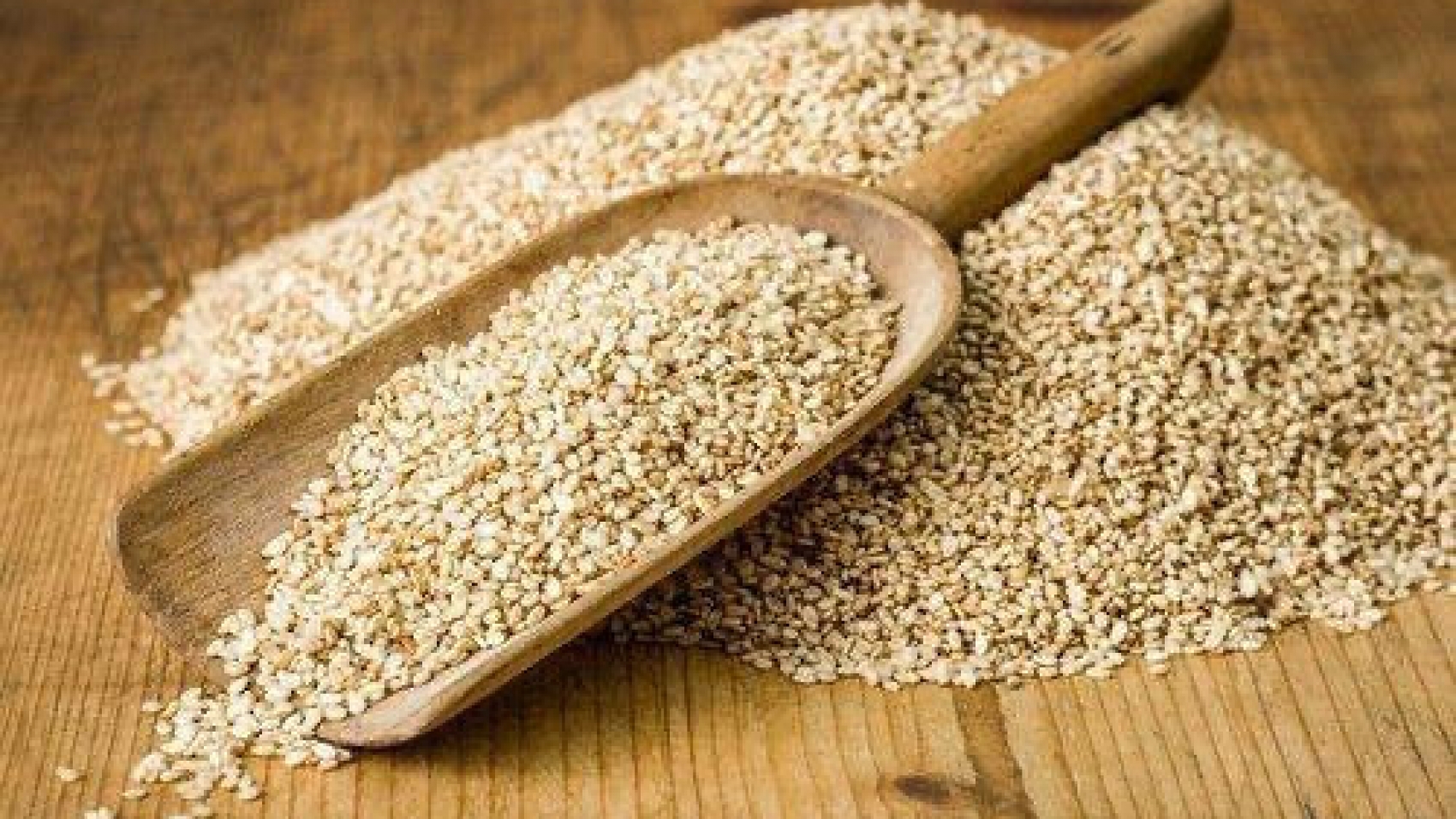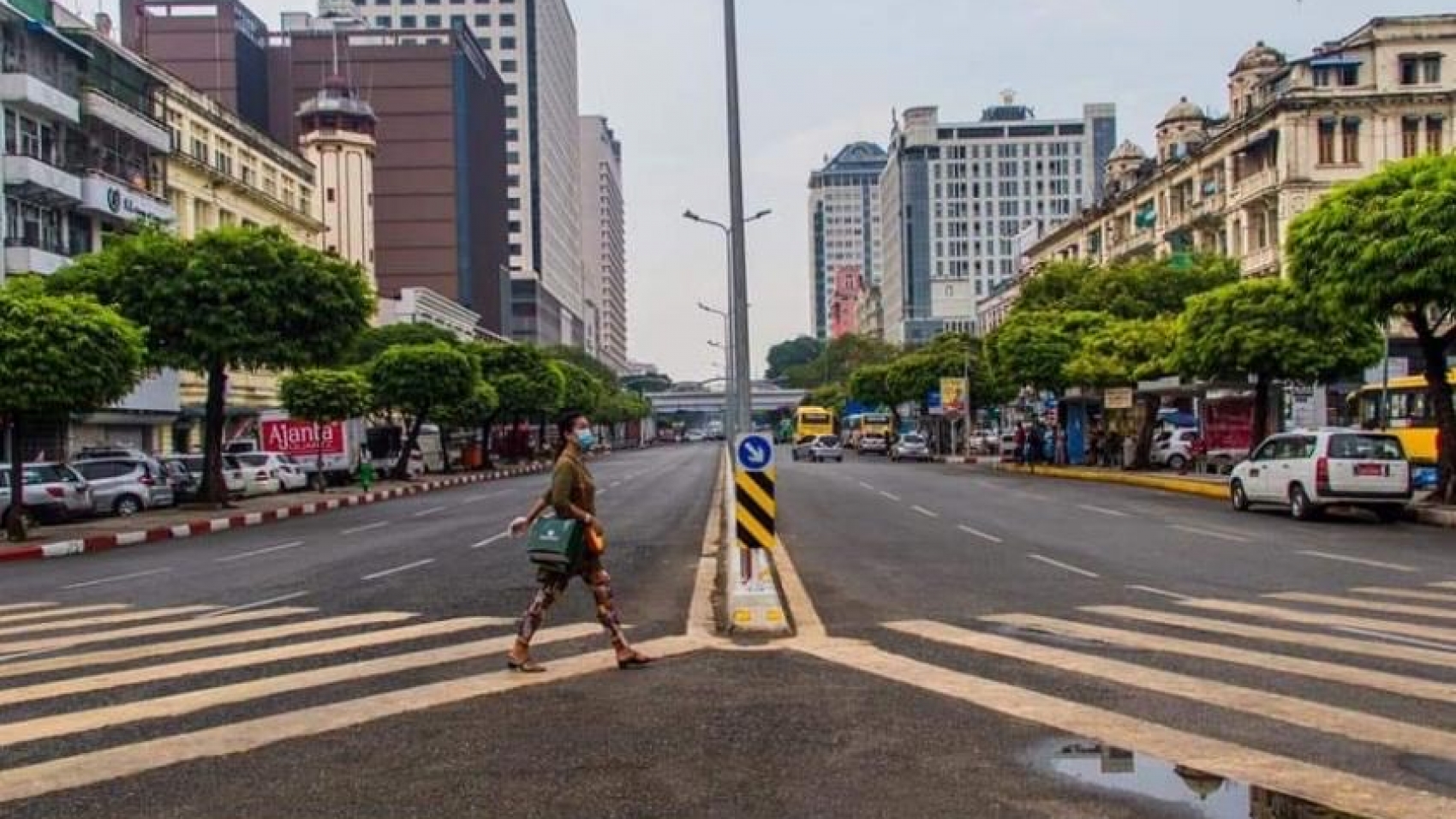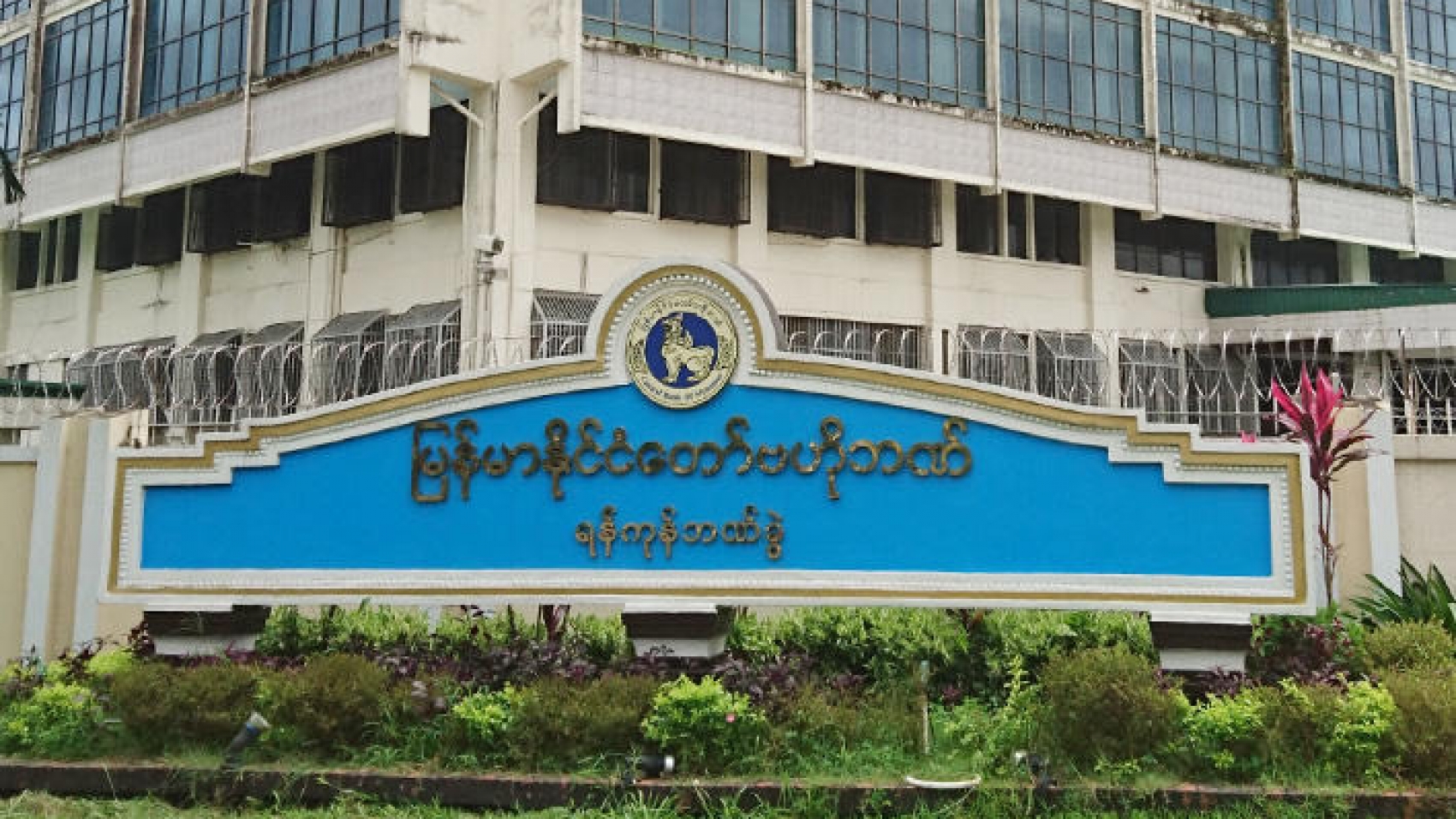THE sesame market is sluggish, and the price remains bearish in April-end, traders from the Mandalay market said. The market of edible oil crop has been slow-moving prior to the Chinese New Year festival. The market continues facing slow-down owing to heightened border security amid the COVID-19 resurgences, a trader said. The prices of white and brown sesame varieties have remained stable on the back of domestic demand. At the same time, there is low demand by foreign market. However, the price of black sesame seeds (Samone variety), which is primarily shipped to external markets, slightly declines.
On 4 February, the FOB prices of sesame stood at US$2,000-2,100 per metric tonne of Black sesame (Samone variety), $1,250-1,300 per metric tonne of white sesame and $1,150-1,200 per metric tonne of brown sesame. On 29 April, the black sesame price dipped to $1,900-2,000 per metric tonne. The white sesame is pegged at $1,200-1,300, and brown sesame fetches $1,100-$1,200, Bayintnaung wholesale market stated. Last year, the sesame prices dropped by over 20 per cent compared with the prices in the previous years due to the COVID-19 negative impacts. Consequently, the growers do not make a significant profit this year, a trader from the Mandalay market stressed.
Typically, Myanmar exports about 80 per cent of sesame production to foreign markets. China is the primary buyer of Myanmar sesame, which is also shipped to markets in Japan, the Republic of Korea, China (Taipei), the UK, Germany, the Netherlands, Greece, and Poland among the EU countries. The EU markets prefer organic- farming sesame seeds from Myanmar, said an official from the Trade Promotion Department. Japan prefers Myanmar black sesame seeds, cultivated under good agricultural practices (GAP), and purchases them after a quality assessment. Black sesame seeds from Myanmar are also exported to South Korea and Japan. Meanwhile, China buys various coloured sesame seeds from the country.
This year, Japan has not purchased Myanmar’s sesame yet. Sesame is cultivated in the country throughout the year. Magway Region, which has gained a reputation as the oil pot of Myanmar, is the leading producer of sesame seeds. The seeds are also grown in Mandalay and Sagaing regions. Of the cooking oil crops grown in Myanmar, the acreage under sesame is the highest, accounting for 51.3 per cent of the overall oil crop plantation. The volume of sesame exports was registered at over 96,000 tonnes, worth $130 million, in the financial year 2015- 2016; 100,000 tonnes, worth $145 million, in the FY2016-2017FY; 120,000 tonnes, worth $147 million, in the FY2017-2018; 33,900 tonnes valued at $43.8 million in the 2018 mini-budget period, 125,800 tonnes, worth $212.5 million in the FY2018-2019 and over 150,000 tonnes of sesame, worth $240 million in the previous FY2019-2020, the trade data of Central Statistical Organization indicated.
Source: The Global New Light of Myanmar

